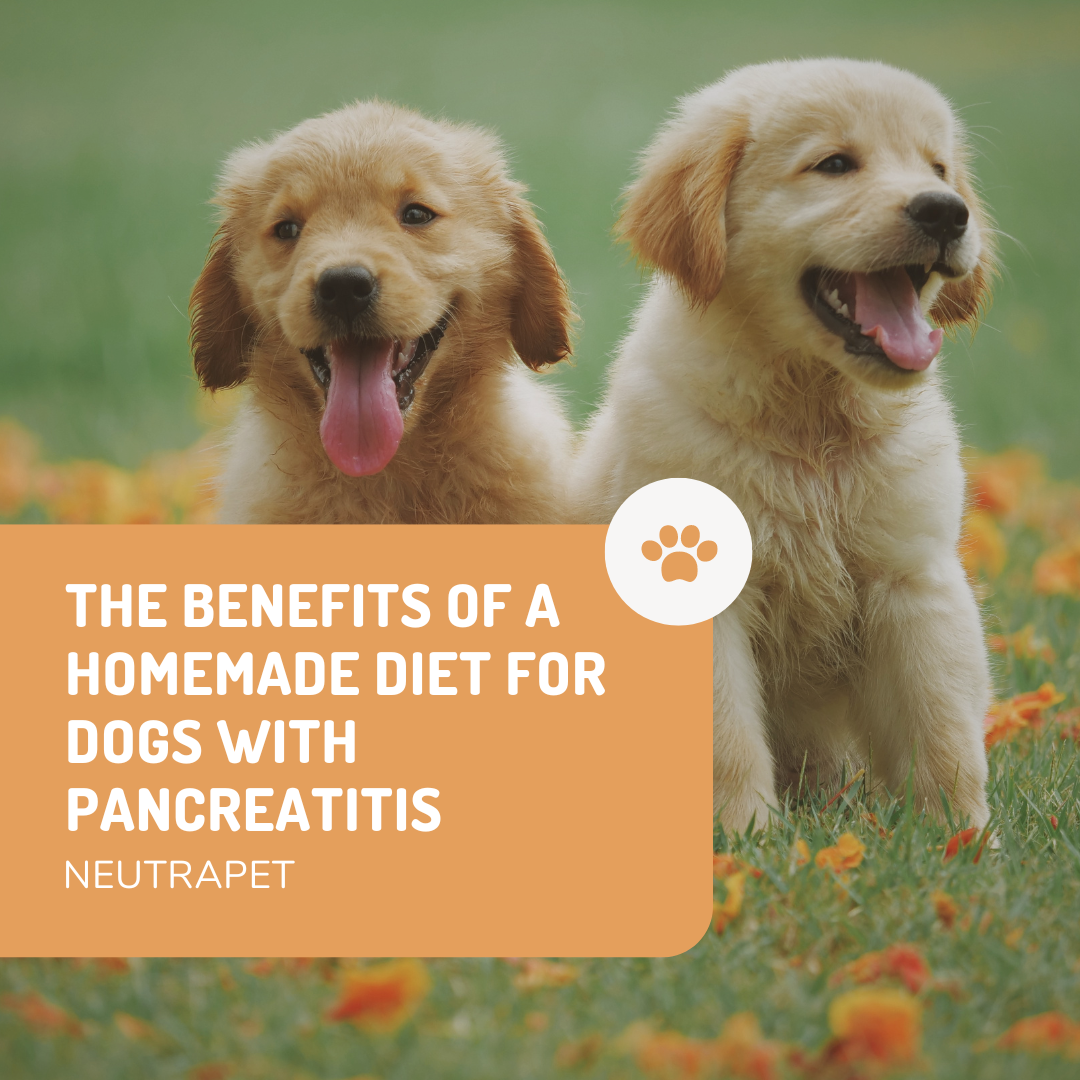
The Benefits of a Homemade Diet for Dogs with Pancreatitis
Share
The Benefits of a Homemade Diet for Dogs with Pancreatitis
Dogs with pancreatitis require special dietary considerations to manage their condition effectively. The pancreas plays a crucial role in digestion and insulin production, and when it becomes inflamed or dysfunctional, it can lead to serious health problems. A homemade diet, which includes natural and unprocessed ingredients, can be highly beneficial for dogs suffering from pancreatic issues. This essay explores how a homemade diet can help manage and improve the health of dogs with pancreatitis.
Firstly, a homemade diet for dogs with pancreatitis can help in reducing the workload on a dog’s pancreas. Commercial dog foods often contain high levels of fat, additives, and preservatives, which can be difficult for a compromised pancreas to process. Homemade diets can be tailored to have lower fat content and include easily digestible proteins. For example, homemade recipes using lean meats like chicken or turkey, and fish, combined with vegetables like sweet potatoes and carrots, can provide essential nutrients without overburdening the pancreas. By decreasing the dietary fat and providing high-quality, digestible ingredients, the pancreas is less stressed and can function more efficiently.
Secondly, a homemade diet for dogs with pancreatitis is typically free from harmful additives and preservatives found in many commercial dog foods. These additives can exacerbate pancreatic issues by causing inflammation and additional stress on the digestive system. Homemade diets are naturally free from these substances, thereby reducing the risk of inflammation and allowing the pancreas to heal and function better. Moreover, fresh ingredients provide a more natural source of vitamins and minerals, which can boost a dog’s overall immune system and improve its ability to cope with pancreatic issues.
Additionally, homemade diets can be customized to meet the specific nutritional needs of a dog with pancreatitis. Every dog is unique, and their dietary needs can vary significantly based on their age, breed, size, and the severity of their condition. Homemade recipes allow for precise control over the ingredients and their proportions, ensuring that the dog gets an optimal balance of nutrients tailored to its specific health requirements. This customization can be critical in managing chronic conditions like pancreatitis, where dietary precision can significantly impact the dog’s quality of life and overall health.
Furthermore, homemade diets often lead to better weight management, which is crucial for dogs with pancreatitis. Obesity can exacerbate pancreatic problems by increasing the fat levels in the body, making it harder for the pancreas to function properly. A homemade diet, with its emphasis on natural, whole ingredients, can help maintain a healthy weight in dogs. The ability to control portions and choose low-calorie, nutrient-dense foods ensures that dogs receive the energy they need without excess calories that contribute to weight gain. Maintaining a healthy weight can alleviate some of the strain on the pancreas, promoting better digestive health and reducing the risk of pancreatitis flare-ups.
In conclusion, a homemade diet offers numerous benefits for dogs suffering from pancreatitis. By providing easily digestible, low-fat, and high-quality ingredients, such a diet reduces the workload on the pancreas and minimizes the risk of inflammation. The absence of harmful additives, the ability to customize the diet to the dog’s specific needs, and the potential for better weight management all contribute to improved health outcomes. For dog owners seeking to manage their pet’s pancreatic conditions effectively, transitioning to a homemade diet can be a significant step towards ensuring their dog’s long-term health and well-being. Incorporating homemade recipes into a dog pancreatitis diet can make a substantial difference in their recovery and quality of life.